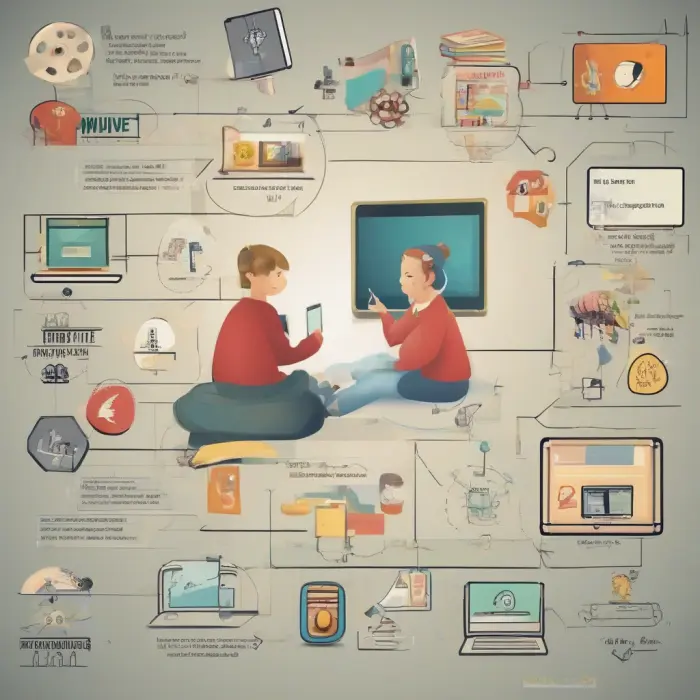The Science of Serendipity: Facts About Accidental Discoveries
The cosmos of scientific research and inventions carries one intriguing aspect - serendipity. Coined in a novel by Horace Walpole in 1754, the term 'serendipity' pertains to making happy and unexpected discoveries by accident. Its role in numerous discoveries and breakthroughs is simply fascinating, running counter to the conventional wisdom that scientific discoveries are the fruits of meticulous planning, rigorous experiments, and accurate hypothesis testing.
Famous Accidental Discoveries
- Penicillin: Perhaps one of the best-known accidental discoveries comes from the field of medicine. Sir Alexander Fleming was experimenting with the influenza virus when he left his lab for a two-week vacation. On his return, he found a mold, Penicillium notatum, on a petri dish that had killed the Staphylococcus bacteria. Consequently, he discovered penicillin, a game-changer in treating bacterial infections.
- Microwave oven: This everyday kitchen appliance was an accidental discovery by Percy Spencer, while he was working on radar-related research during World War II. While conducting experiments with a new vacuum tube, he noticed that a candy bar in his pocket started to melt. Intrigued, he further experimented with corn kernels, leading to the conception of the microwave oven.
- X-rays: Wilhelm Conrad Roentgen was conducting experiments on cathode rays when he noticed a fluorescent effect on a nearby chemically coated screen. Realizing these rays could be used to peer inside the human body without surgery, Roentgen accidentally discovered X-rays.
The Catalyst of Serendipity - A Prepared Mind and Open Awareness
Accidental discoveries are not as 'accidental' as they seem. Often, the scientists making these discoveries possess a keen eye for detail, a cultivated and prepared mind, as French biologist Louis Pasteur beautifully stated, "In the fields of observation, chance favours only the prepared mind."
A penetrative, curious attitude towards all phenomena arguably leads to the 'Eureka' moment. The scientists involved aren't stumbling upon these discoveries, but instead, they notice unexpected events and appreciate their potential implications.
The Role of Serendipity in Modern Scientific Research
In a century driven by innovation and technology, serendipity remains integral. In a study examining the role of serendipity in research studies, Arnošt Veselý highlighted that 'controlled serendipity' can accelerate innovation. Challenge-driven and mission-oriented projects, while having clear objectives, can intentionally leave room for unanticipated opportunities, combining both rigorous methodology and openness to the unexpected.
In summation, serendipity is more than happy accidents. It is the undercurrent of scientific rigor and openness to surprise, creating an environment conducive to spontaneous discovery, propelling the wheels of innovation with unexpected, yet exciting, turns.
Conclusion
Understanding serendipity—transforming chance into opportunity, recycling errors into breakthroughs—can be a powerful tool in any field of knowledge. While deliberate, goal-oriented work is essential to scientific progress, we must not forget the transformative power of unanticipated results and accidental discoveries. What seems like an error or mistake may just be taking us one step closer to the next big scientific revelation.










